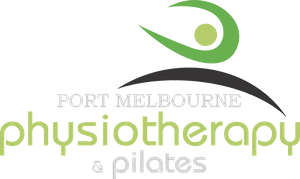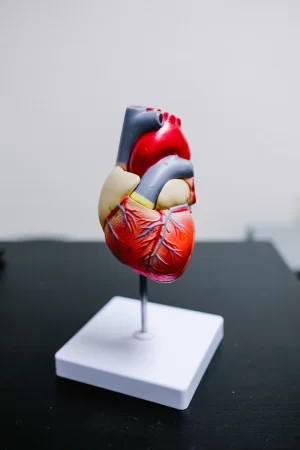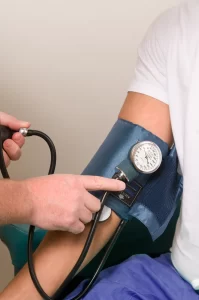What is Postural Orthostatic Tachycardia Syndrome (POTS)?
POTS is a condition whereby the heart rate increases dramatically upon standing. “Orthostatic” refers to being in an upright posture and “tachycardia” means to have a fast heart rate. POTS can have a number of common symptoms, including the following:
- Lightheadedness/dizziness.
- Fainting.
- Weakness.
- Blurred vision.
- Brain fog.
- Heart palpitations.
- Headache.
- Nausea.
- Fatigue.
- Tremor/shaking.

People with POTS can spend years with these symptoms prior to a diagnosis. According to the Australian POTS Foundation, it typically affects women of child-bearing age, but can affect men or women of any age.
The impact of POTS:
POTS can negatively affect a person’s quality of life in a number of ways. This may be poor health outcomes, an inability to partake in society or financial strain due to medical appointments and missed work. It is estimated that 25% of patients have to stop work or education due to their condition.
In this blog, I interview a 16 year old patient. She discusses her firsthand experience with POTS, in the hope of empowering others.
What was your journey to a diagnosis of POTS?
I started to get POTS symptoms at the start of 2019 after a viral infection. My GP took a sitting and then standing blood pressure and heart rate and talked about POTS and Chronic Fatigue Syndrome but it never eventuated into a diagnosis of anything. It wasn’t until March 2020 when I was seen by a Chronic Fatigue Specialist that I was diagnosed with POTS.
What are your predominant symptoms?
My symptoms include the following:
- Brain fog.
- Dizziness.
- Lightheadedness.
- Fatigue.
- Exercise intolerance.
- Racing heart.
- Nausea.
- Inability to regulate body temperature.
- But the most disabling symptom would have to be the fainting. At my worst I was fainting multiple times everyday which was both painful and scary.
What have you found helps you manage your POTS?
I have two specialists helping manage my symptoms and after about 2.5 years, I still have POTS but my symptoms are now better controlled. To start with, I was advised to try non-pharmaceutical techniques to help manage my symptoms. These included:
- Drinking 2-3 litres of water daily.
- Adding large amounts of salt to my diet.
- Elevating the head of my bed.
- Sitting up on the side of the bed before standing.
- Doing arm and leg exercises before standing.
- Wearing compression tights.
All of these things made minimal difference to my symptoms. After about 12 months I was started on a drug called Fludrocortisone once daily which did help a little but I was still fainting daily. After another 9 months, Ivabradine was added twice daily which also helped but the fainting continued. Finally after another 9 months, Midodrine was also added three times a day which has had the biggest impact on my symptoms and now I faint only on rare occasions.
To get some exercise when my symptoms were extremely disabling, I started weekly 1:1 Pilates sessions with a qualified Physiotherapist. Pilates allowed me to get some exercise while laying on the reformer, without having to worry about fainting.
My Cardiologist recommended I invest in a blood pressure monitor so we could keep track of my blood pressure and heart rate laying down and then standing up in the morning, a few times a week. It can be difficult to know what is helping, but keeping a diary of the results enabled me to clearly see I was improving, even if it didn’t feel like it most days. This was also a useful tool to feed information back to my Doctor. At my worst my heart rate increased by 80 plus beats per minute from about 60 to 140 or more beats per minute. One hour after taking the Midodrine my heart rate only increases by about 20 to 30 beats per minute.
What advice do you have for someone newly diagnosed with POTS?
My advice would be to try and be patient. My Doctor told me I would get better but it can just take some time. Try to stay active if you can, but listen to your body and don’t overdo it.
~ POTS patient.
Please speak to your GP if you are concerned about POTS. They can then refer you to the appropriate specialist for tailored management. Ali Minichiello treats patients with POTS as part of a holistic team of health professionals.
~ Ali
Physiotherapist
Australian POTS Foundation: https://potsfoundation.org.au



